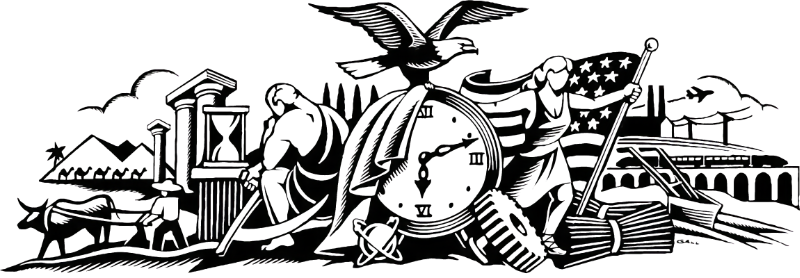From the Omaha Daily Bee, June 16, 1915. By Philander Johnson.
Bill Jenkins used to toil an’ think fur all that he was worth,
His purpose bein’ to get out an’ to elevate the earth.
He wanted reformation an’ he wanted it fur fair,
An’ he made his fellow-man the object of his special care.
If his fellow-man was hungry Bill could show him how the fact
Was due to some bad habit or some ill-considered act;
He was shocked beyond expression at the faults that he could find,
But willin’ to be shocked some more, he sought to uplift human kind.
He drew comparisons ‘twixt folks that didn’t get along
An’ those who like himself seemed rather confident an’ strong.
He felt a bit superior an’ the feelin’ kind o’ grew
That he hadn’t no bad habits—leastways only one or two.
Yet his schemes for reformation on a strictly wholesale plan,
They didn’t seem of value to his sufferin’ fellow-man.
He sometimes gave expressions to opinions almost rude
To what he would refer to as “the world’s ingratitude.”
He took the failure to accept his good advice to heart.
The folks admitted that his talk was mighty fine an’ smart.
He didn’t understand the ways of honest, kindly care.
Great wisdom ain’t uncommon, but true sympathy is rare.
He stopped an’ thought it over an’ his pulse beat fast an’ warm
As he said, “I wouldn’t wonder if it’s me that needs reform!
This world would surely hit a pace that’s generous an’ good
If every one reformed hisself an’ done the best he could.”
